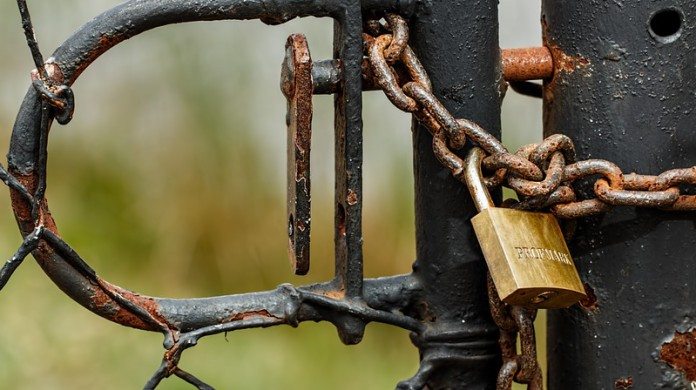
ANGLOGOLD Ashanti CEO, Srinivasan Venkatakrishnan, believes the integrity of the Obuasi orebody in Ghana is intact notwithstanding the prolonged invasion by hundreds of illegal miners at the site since February.
But he’s mystified by the lack of political will from the Ghanaian authorities to restore order at the mine. “I can’t understand what the situation is with the Ghanaian government. We are at a loss to explain it,” he said in an interview with Miningmx on Monday.
Security has been stationed at the mine gates, and vital equipment such as the headgear, is being protected. But that’s not where the miners are gaining access; after all, the mine has a 17 mile perimeter fence.
Compounding the issue is the fact the Ghanaian fiscus has as much to lose as AngloGold were the Obuasi orebody be allowed to degrade. Mothballing costs for the mine are about $50m a year but correctly reconfiguered, Obuasi stands to become a 500,000 ounce to 600,000 oz gold producer.
Before that, however, some $500m to $1bn in new investment is required, a sum that AngloGold said it can’t supply on its own hence its desire to find a joint venture partner.
Randgold Resources stood up to the plate last year. It conducted a due diligence but withdrew from the opportunity in relatively short order. Its reasons for the withdrawal are telling and suggest the current invasion was an accident about to happen.
“The mine doesn’t have the social contract to mine and it seems to be in conflict with everyone,” said Mark Bristow, CEO of Randgold Resources in October, near the very beginning of the due diligence programme.
But he also hinted at the fact that ultimately the problem of Obuasi’s social problems is a government one. “If we don’t find a solution it will be the [Ghanaian] government’s problem. That is a hard discussion that has to take place,” he said.
Sources suggest the Ghanaian authorities are nowhere to be found when it comes to discussing Obuasi. Might this be related to the possibility that in an election year, hundreds of illegal mineworkers represent a constituency worth indulging?
“It’s much too narrow a constituency,” said an industry source. Perhaps though the Ghanaian authorities can’t afford a violent standoff with miners in the region.
There is, after all, much at stake. A small mineworkers association has been formed and since the illegal miners are working the high grade areas AngloGold elected to keep (it returned two-thirds of the site to the government for use by artisanal miners) a lot of money is being made.
According to an article by the Wall Street Journal, artisanal miners wanting to access the higher grade areas in the Obuasi lease AngloGold owns can double their income to $1,000 a month.
For now AngloGold’s hopes rest with the Washington-based International Centre for Settlement of Investment Disputes (ICSID) which has the ability to press home AngloGold’s contractual rights with the host country.
“The matter is ongoing,” said Venkatakrishan in a call to analysts. “Certainly we continue to engage with the government so we can go back in and assess the damage to infrastructure, including areas where still planned to mine,” he said.











